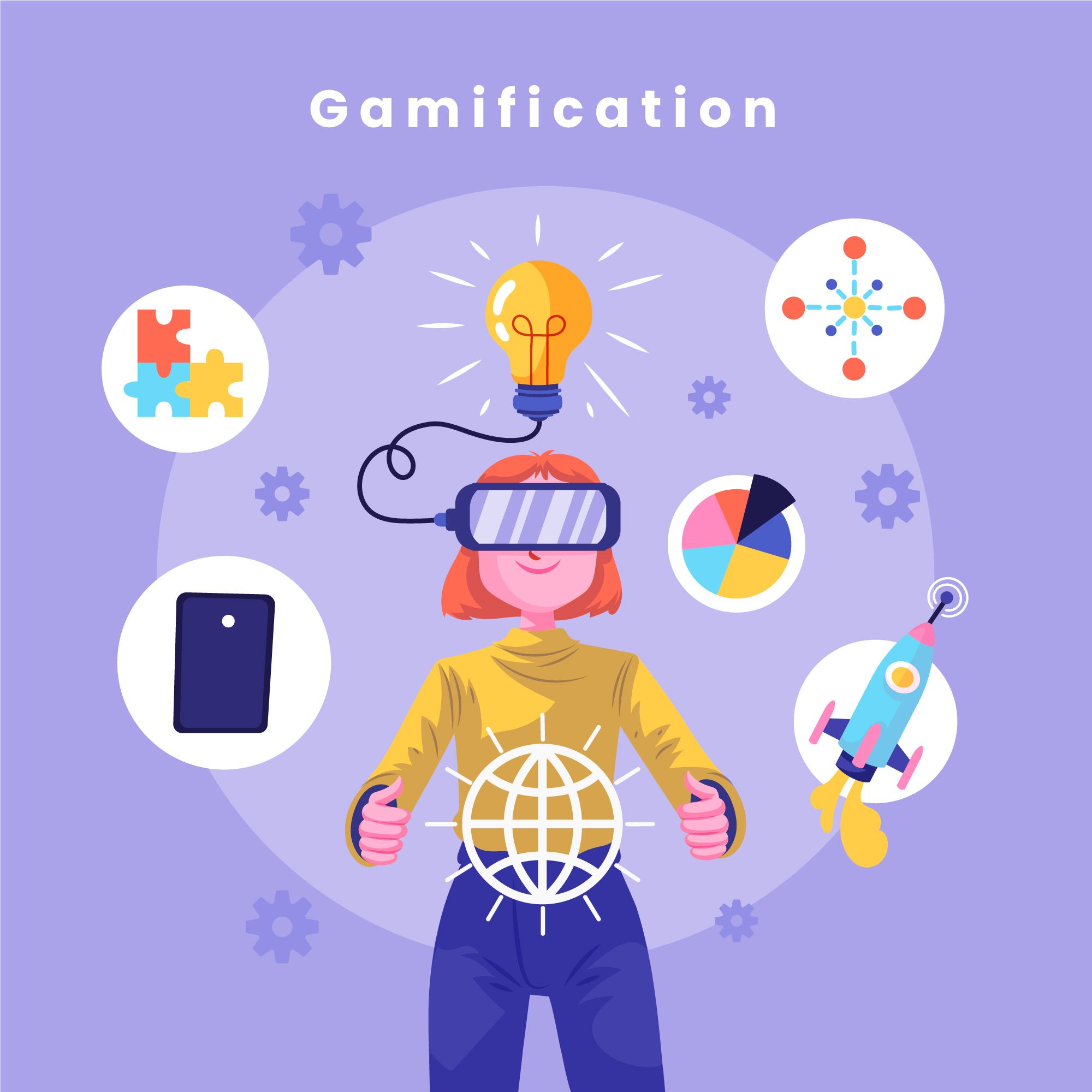4 Questions To Ask Yourself Before You ‘Share’ Anything Online

“When in doubt, just do without!” in the social media age.
Most of us are critical consumers when it comes to material goods.
We tend to carry out in-depth research before purchasing ‘big’ items such as phones and laptops, patiently going through articles and online reviews to get a better understanding of the pros and cons of our choice before making a decision.
We’re more than capable of analysing what’s worth our money, but all too often we fail at determining what information is worth our time.
Becoming a critical consumer of information has never been more important, due to the current pervasiveness of social media and viral content online.
Unfortunately, anyone with internet access can now publish their opinions, and not everyone feels an obligation to produce factually-accurate and unbiased content.
Social media posts are typically reactive, and opinions often take precedence over facts.
The ability for such posts to spread quickly compared to the reporting by traditional media outlets creates further opportunity for misinformation to be circulated.
The onus is therefore on us, the consumers, to carefully examine the information we are presented with before deciding what to do with it.
READ: How Are We Behaving In The Digital World?
Here are four questions to consider before you hit that ‘Share’ or ‘Retweet’ button on social media.
1. How credible is the source of the claim?
As any good researcher would tell you, always ensure the source of your information is credible.
If you have difficulty in determining the credibility of a source, check against other credible websites such as The Associated Press and Reuters, and compare the information given.
Utilise established fact-checking websites like Snopes.com, FactCheck.org (United States), and Boom (India) to help you decide if the information is true.
Read up on the issue, and – just like you would when you’re looking for a new laptop – actively seek the negative reviews.
It’s important to fully understand the downsides of your choice, so that you can decide if those weaknesses will be a deal-breaker, or if you can live with it because the strengths far outweigh the weaknesses.
If you won’t buy a laptop based on information from one website, you shouldn’t be so quick to believe information from a single online post either.
2. Is this the whole picture, or are you only seeing a snapshot of it?
Again, as any good researcher would tell you: Read the article in its entirety before you share it.
The danger in basing your opinions off one small portion is that the excerpt highlights what the individual wants you to see; this may not be an accurate representation of the full story.
Summaries should also be treated with caution, as they are an individual’s interpretation of the original content.
Make it a point to read the original content, so that you can be the judge of the credibility of the content.
This is the least you can do, especially if you don’t have time to check multiple sources.
Information from secondary sources may be coloured by the opinions of others, so don’t build your case based solely on other people’s claims.
READ: 6 Major Challenges Social Media Creates For Our Teens, And How To Parent Them
3. Are there hidden motives behind the claim?
This may seem very cynical, but it is wise to question the motives of the person making the claim, especially if it sounds quite far-fetched.
Ask yourself, “Does the individual have something to gain from making such claims?”
For example, Andrew Wakefield and his research associates who published a scientific paper in 1998 claiming that autism is strongly linked to measles, mumps, and rubella vaccines had falsified the data, and they did that to reap monetary benefits.
Though the research has been retracted and publicly discredited, its damaging effects are still seen globally today.
Some parents still refuse to vaccinate their children for fear of the potential side effects, contributing to regular outbreaks of measles across Europe over the years.
Such is the far-reaching consequences of misinformation.
Even if someone doesn’t have a hidden agenda, their claims could still be driven by their personal beliefs, which are likely to be biased.
4. Are your personal beliefs influencing your reaction to the claim?
We naturally focus on information that confirms our existing beliefs, while filtering out information that goes against them – this is known as confirmation bias.
If you find yourself agreeing with a claim, ask yourself this: “Am I acknowledging this information because it (conveniently) fits in with my beliefs, or am I acknowledging it because it is true?”
And if you disagree with it, ask yourself if it’s because there’s a flaw in logic, or if it’s because the points raised force you to confront the flaws in your own beliefs.
READ: The Do’s And Don’ts For Companies In Social Media Space
In a nutshell
Not all information you receive online is true, especially in this age where social media and websites that thrive on click-bait articles reign supreme.
Treat every day like it is April Fools’ Day, in that you are sceptical about everything you see and hear.
Asking these questions will not only make you a more informed reader, it will also help you build stronger arguments.
When you can articulate why you support an issue without using phrases like “I support it just because I do”, your defence becomes all the more substantiated.
And instead of resorting to name-calling, you can then engage the opposing side in an intellectual debate.
But of course, don’t just take my word for it – go do your own research on how to be a more critical consumer of information.
You may also be interested in: 13 Tips On Having Meaningful Conversations On Facebook
Functional
Tags: Communication, HR





